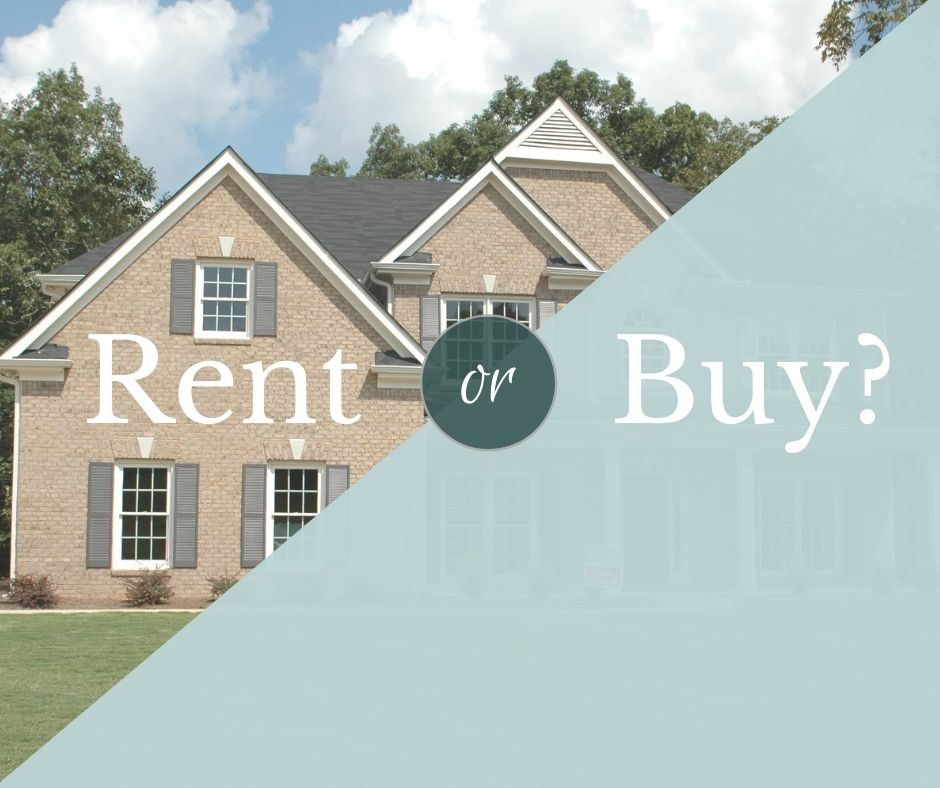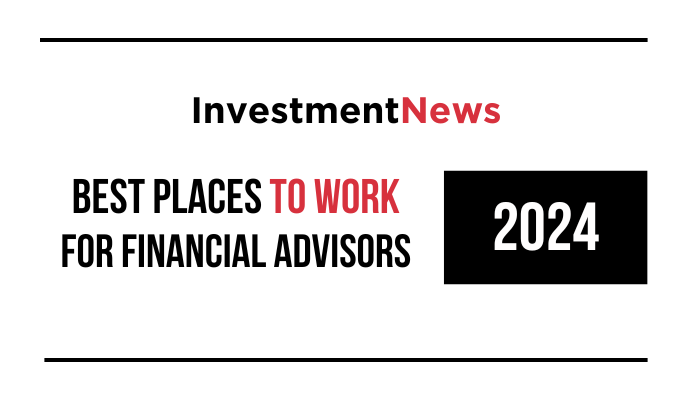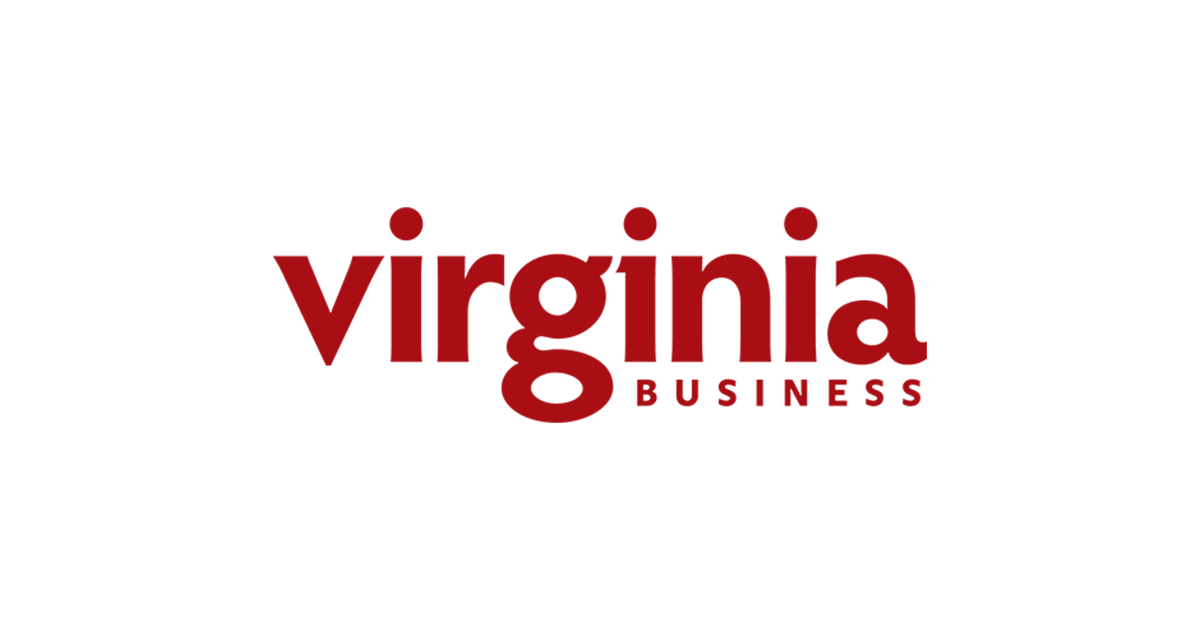Renting vs Buying in Retirement
Could renting in retirement be the new American Dream?
Work hard, save diligently, buy a home (maybe even with a white picket fence), have kids, retire. This is the quintessential American Dream.
This classic vision of the American Dream clearly doesn’t take into consideration the outrageous housing prices that exist in the DC metro area.
As a Maryland native and financial adviser in the Beltway, I can assure you that the exorbitant housing prices are not a new phenomenon. Nor are the conversations I have with individuals who want to pay off their home before retirement, but then mention they have no intention of staying in the area.
Like the American Dream, retirement conjures up a common image as well, where post-work life involves warmer climates, relaxing, traveling, perfecting golf games and spending time with kids and grandkids. Unfortunately, there’s often a struggle of trying to strike a balance between wanting to move to a lower cost — not to mention warmer — area, while also staying close to family. A possible solution to these retirement woes? Renting.
The decision to rent or own in retirement comes down to two major factors: financial freedom and lifestyle flexibility. If you rid yourself of homeownership in your golden years, you could travel freely to spend more time with your kids and grandkids without incurring the continuous cost burdens when owning a property.
Because of the high housing costs throughout the DC area, a large chunk of a couple’s net worth is likely tied up in their residences. Just a few weeks ago, The Washington Post reported that in McLean the median sales price of a single-family home was an eye-popping $1,025,000 in 2017. At that rate, if a family has lived in a similarly priced McLean property for the past 20 years and paid off their mortgage entirely, their cost of ownership is nearly $20,000 per year on average after taxes, insurance and upkeep.

On the other hand, if the family in McLean sells their million-dollar-plus house and invests the proceeds into a diversified portfolio that hypothetically earns an average of 7 percent each year, they could see their economics change for the better. The potential benefit, when properly managed, may produce enough cash flow to exceed the net cost of renting in many regions. In the popular retirement hubs — the Carolinas, Tennessee and Florida — it is not uncommon to find a beautiful three-bedroom house on a golf course available to rent for less than $3,000 per month. Gone are the high property tax bills, homeowner’s insurance costs and countless hours fixing broken appliances and painting the basement. Hello, financial independence!
Beyond the potential financial benefits, renting in retirement offers the flexibility to move when your personal needs change. When you rent, you are not tied to any one area of the country and will not be forced to sell a property at an inopportune time. If a child’s job takes him or her from DC to Denver, for instance, you may want to move to be closer to your kid and grandkids. This scenario is not a stretch. In the modern work environment, two-thirds of employees are actively looking or open to a new job. If your children are frequently moving, it may not make financial sense to keep buying and selling properties. Between broker fees and closing costs with each move, it often takes several years to break even on a property. Renting provides the freedom to make these kinds of changes without major financial ramifications.
Another benefit of renting is the ability to “test-drive” retirement locations. If you and your spouse can’t decide on a destination or community, renting provides the flexibility to shop around without the additional costs associated with purchasing a property.
There is no “one-size-fits all” retirement plan, and renting during retirement may not be for everyone. However, having conversations with your family and qualified professionals about this unconventional approach could bring you closer to a financially sound, fulfilling and carefree retirement. Because when it comes down to it, isn’t the most important aspect of the American Dream personal happiness?



